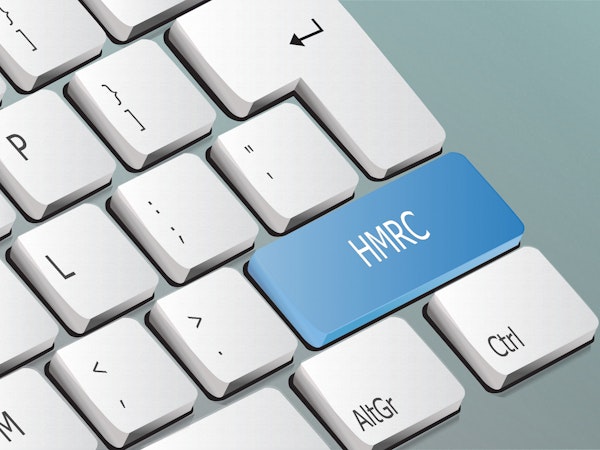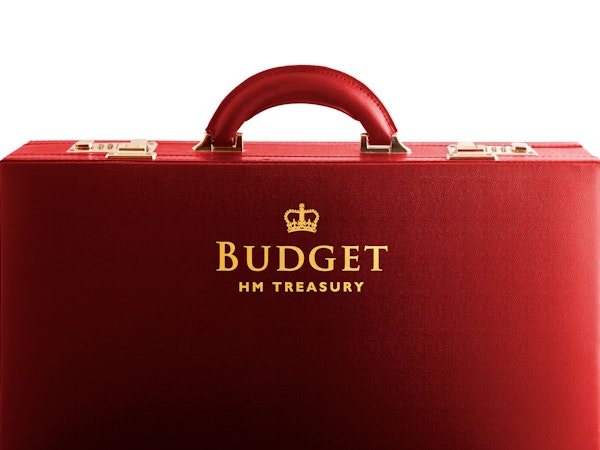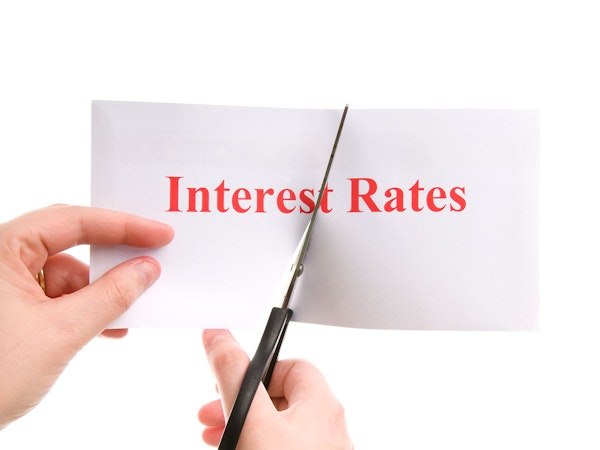Self-employed hit by self-assessment system error
If you are self-employed, you may find you have been affected by an HMRC system error which could mean a higher tax bill in January.

Self-assessment statements for payments on account affecting the self-employed have either not been sent out at all or show a zero balance where a payment was due on 31 July. If you’re not entirely clear about when you need to pay what you owe, the consequences of the incorrect information may mean you have skipped an outstanding payment for July or have been undercharged. When it comes to the next payment period in January 2020, you could be faced with a much higher bill to pay to cover the missed July payment.
The fault apparently lies in the HMRC system failing to generate payments on account for 2018/19 for some taxpayers. Despite knowing about the error for some months, HMRC has not corrected it, leading to incorrect balances showing for the 31 July payment.
The implications for cashflow are obvious where money set aside for your tax payments could end up being spent over the next six months, not to mention the usual post-Christmas expenses most of us tend to find in January.
If you were expecting to submit a half-yearly payment and either received a low or zero balance or no statement at all, you should contact HMRC as soon as possible. While the Revenue has said taxpayers affected will not have to pay interest for underpayment or non-payment at July, there will not be such generosity on demands for the full amount owed in January.
With rising numbers turning to self-employment, it’s not always easy to get to grips with all the processes involved in keeping on top of your finances. Planning to file your tax returns and pay regularly should be factored into your financial workflow, regardless of whether HMRC notifies you or not. HMRC does not regard lack of understanding of the finer points of self-assessment as a ‘reasonable excuse’ for late filing, so do get in touch if you may have been affected by this latest problem.





